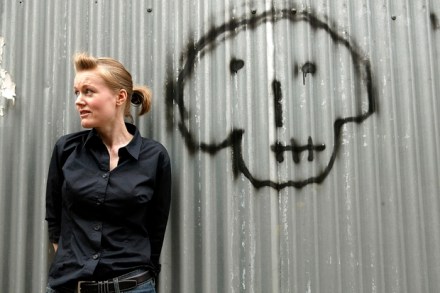Broken and mad
In the final months of 1914, medical officers on the Western Front began seeing a new kind of casualty. Soldiers who had no physical injury were displaying a wide range of alarming symptoms. Some appeared to be completely dazed or were shaking uncontrollably, others had lost their sense of taste or smell, or were suffering from blindness, mutism and various kinds of paralysis. It was not until February 1915 that the term ‘shell shock’ first appeared in print, in the Lancet. It was originally intended to describe a physical condition in which the brain had been damaged by the percussive effects of high explosives, but was subsequently adopted to describe




















